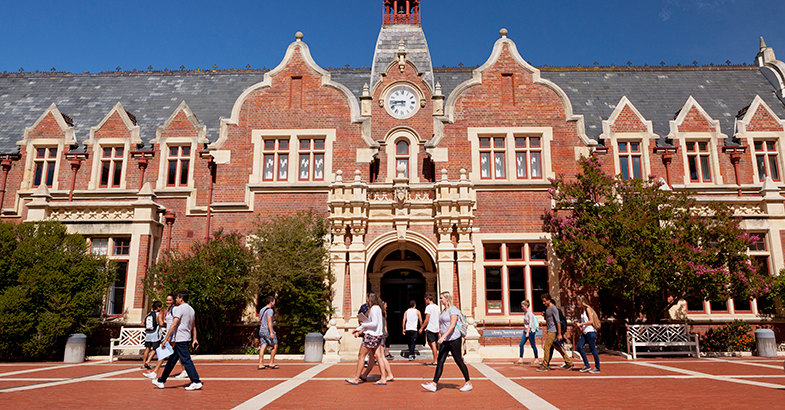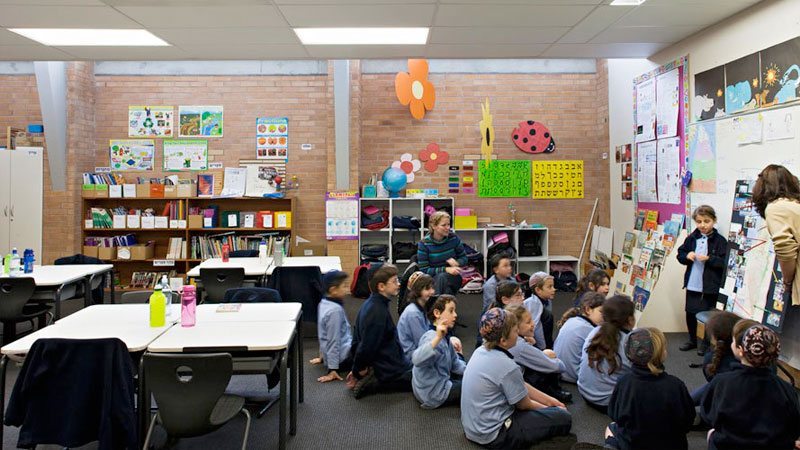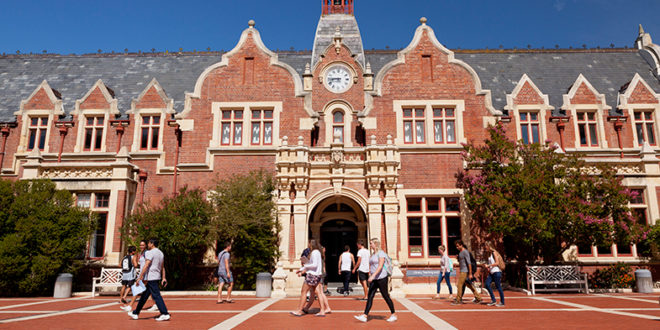The changing face of education and the impact on institutions like the universities.
OPINION: Most expert commentators agree that our educational needs are rapidly changing from those of the past and of course we now have additional changes in prospect, from the policies of the Jacinda Ardern government. All of this puts education in the melting pot.
The most fundamental change is that prompted by changes in the nature of work. The idea of a single settled career has long since departed. The education system needs to equip students with portable or basic skills so that they are able to change jobs readily, and if necessary, retrain as jobs and job requirements change. The big fear at one stage was that technology e.g. robotics would make human work redundant. The reality is that the need for human input is as great as ever, however, the nature of the input has changed and is changing. Students need to be equipped to interact with and use technology. There is also a much greater demand from employers for basic skills in areas such as creativity (can you teach creativity?) or the ability to innovate, and communication.

The simple acquisition of knowledge has been made all but redundant by the “Google” age. But paradoxically Google has increased the need for the ability to understand what knowledge means, and how to apply it to solve real problems and to distinguish good quality from poor quality knowledge.
The apparent contradiction in all of this is that in parallel with the above there is an increasing demand for relatively unskilled labour, particularly in the agricultural industries. The fruit industries, for example, depend on immigrant workers at picking time. There is also a large demand for relatively unskilled labour in the tourism and associated service sectors and again many of these jobs are carried out by immigrant workers because there are not enough New Zealanders willing to do that type of work.
A concern for us is that tourism and agriculture are big export earners and are both running hot. But they are basically low wage industries. The challenge for us is to move into higher wage areas which are based on added value and give genuine growth per capita.
On top of this, there are the changes that the Ardern government will bring in. It seems likely that the charter schools concept will disappear although existing schools will probably continue under a modified framework.
 Possibly the most controversial policy is that of providing free education for the first year at university. The fear is that this will result in a flood of first-year students and the universities will not be able to cope. They will cope of course and the real interest is in how. Assuming that the government does not provide extra money, the three obvious strategies are too dumb down the first years courses so that large numbers of students can be accommodated by a small number of lecturers, make the first year courses suitable for distance learning through the internet to again minimise the call on university staff, or raise entrance standards so that the number of students matches the resources available. It will be interesting to see how it goes and how interventionist the government will be in allowing the universities to decide how they want to do it.
Possibly the most controversial policy is that of providing free education for the first year at university. The fear is that this will result in a flood of first-year students and the universities will not be able to cope. They will cope of course and the real interest is in how. Assuming that the government does not provide extra money, the three obvious strategies are too dumb down the first years courses so that large numbers of students can be accommodated by a small number of lecturers, make the first year courses suitable for distance learning through the internet to again minimise the call on university staff, or raise entrance standards so that the number of students matches the resources available. It will be interesting to see how it goes and how interventionist the government will be in allowing the universities to decide how they want to do it.
It will be interesting to see how it goes and how interventionist the government will be in allowing the universities to decide how they want to do it.
My own preference would be to raise entrance standards.

At the primary school level, a current trend is for schools to be a social safety net which goes well beyond the demands of a simple education and I am not sure whether the schooling system can withstand that growing pressure and still deliver on their educational goals. The challenge is to find other ways of dealing with social issues that take that pressure off schools and leave them to concentrate on their core educational goals.
What of the universities themselves – how will they have to change in the changing environment? At course level, there will be continuing pressure to produce the graduates that employers want – the days of students ignoring the market and doing whatever courses interest them are fast disappearing. Courses will I think to continue to fall into two categories. Specialist courses like medicine, engineering, architecture and the like (law is a little different) will continue to be needed and will still have a high content of understanding and applying specialist knowledge. But other courses will I suspect be much more aimed at the general skills mentioned above. In this area, one of the interesting interfaces is that between universities and other tertiary institutions e.g. polytechnics.
To some extent they compete in the same territory and it is not clear whether one model of the other will eventually dominate, or which each will carve out their own niche.
Apart from the above, I would pick that the universities will survive with relatively little change other than that above, although I would not be surprised to see some consolidation occurring – New Zealand universities are very small by world standards and there are real advantages in larger size. What the Universities offer is first of all a commitment to leading-edge research which creates new knowledge and opportunities, and expert knowledge and understanding in specialist areas. Strength in those areas is important to New Zealand’s future progress and growth.
By Bas Walker
This is another of Bas Walker’s posts on GrownUps. Please look out for his articles, containing his Beachside Ponderings.
Please look out for his articles, containing his Beachside Ponderings.









Join the Discussion
Type out your comment here:
You must be logged in to post a comment.